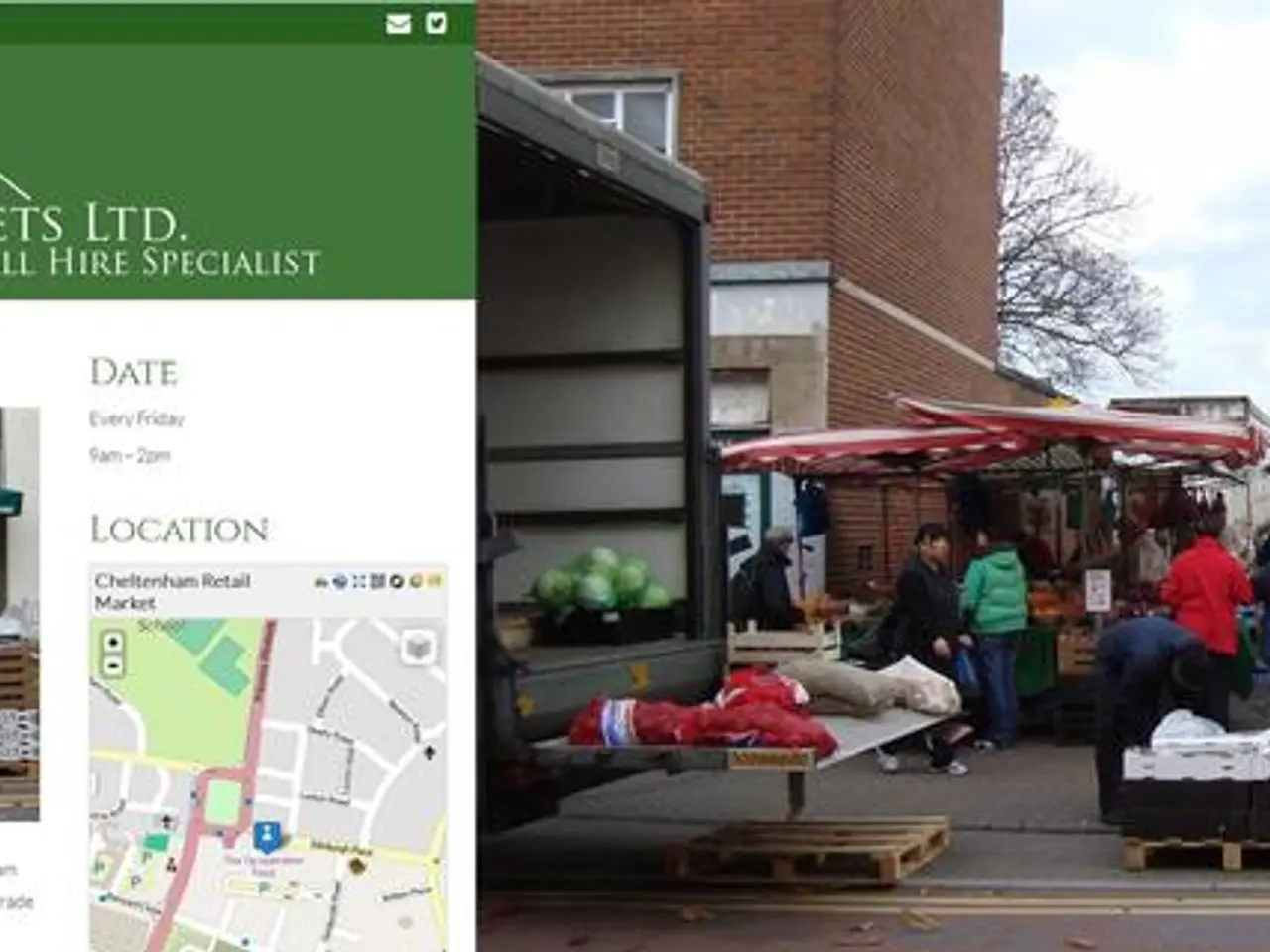Disillusionments of Prospective Home Sellers, Based on Testimonies from Former Home Sellers
Reality TV shows and social media often create unrealistic expectations for home sellers by presenting idealized scenarios where homes sell quickly, for top dollar, and with bidding wars, which rarely reflect the typical home-selling process.
Key influences and effects include:
- Expectation vs. Reality Gap: Reality shows often depict homes selling in days, with multiple offers and high bids, leading 81% of sellers to believe they will get asking price or more. In reality, only about 28% of homes sold above the asking price in the first half of 2025, leaving many disappointed when offers don’t meet expectations.
- Emotional Investment Amplified: Sellers emotionally attached to their homes expect premium prices due to sentimental value and improvements made, but market demand and economic conditions play a larger role than personal investment.
- Market Conditions and Inventory: Despite sellers hoping for hot demand, housing inventory has increased significantly, and buyers remain cautious due to high mortgage rates. This cooling market contradicts the seller-favorable conditions often showcased in media.
- Impact of Social Media: Social media similarly highlights best-case sale stories and trends that skew perceptions, often ignoring delays, price reductions, or negotiation challenges common in real sales.
- Home Staging and Presentation Stressed: Shows stress staging and cosmetic updates as critical to success, which is accurate, but results still depend on broader market forces.
In summary, reality TV and social media shape many sellers' views towards an overly optimistic picture of quick, premium home sales. However, actual experience typically involves longer timelines, more negotiation, and market-driven pricing adjustments.
Additional findings from a survey by Clever Offers comparing the expectations of future home sellers with the experiences of recent sellers include:
- Homes spent a median of 51 days on the market in May, which is more than what many future sellers anticipate.
- Touring other for-sale properties can help sellers understand the competition and adjust their pricing strategy.
- Only 30% of past sellers had to make major pre-sale repairs, contrary to the expectations of 76% of future sellers.
- The sale process was less stressful than expected for 27% of recent sellers, contrary to the expectations of future sellers.
- When selling a home, it's important to treat it like a business decision, not a personal one.
- Sellers should concentrate on their local town and neighborhood when preparing to sell, rather than focusing on national trends.
- Cash-buyer companies are not the only option for sellers who want to sell their property as-is.
- Being sentimental can cause a home to sit on the market for months, so sellers should price their homes based on local comps and let potential buyers be their guide.
- As of May 2025, for-sale homes received an average of 2.5 offers.
- Experts advise leaning on data, not emotions, when pricing and selling a home.
As the U.S. currently has approximately 1.9 million homes for sale, but only 1.5 million active homebuyers, a shift that is likely to lead to price drops, it's crucial for sellers to have realistic expectations and approach the process as a business decision, not an emotional one. By understanding the market and their local area, sellers can price their homes competitively and attract offers that meet or exceed their asking price.
- Despite the popular belief fueled by reality TV and social media that homes can be quickly sold for top dollar, less than one-third of homes sold above the asking price in the first half of 2025, indicating a significant expectation vs. reality gap.
- Many sellers emotionally attached to their homes expect premium prices due to sentimental value and improvements made, but market demand and economic conditions play a larger role in determining the ultimate sale price, as indicated by the Clever Offers survey.
- In today's market, understanding local housing inventory, market trends, and being guided by potential buyers' responses is crucial for sellers, as the shift towards a buyer-dominated market is likely to lead to price drops due to an excess of homes for sale.




